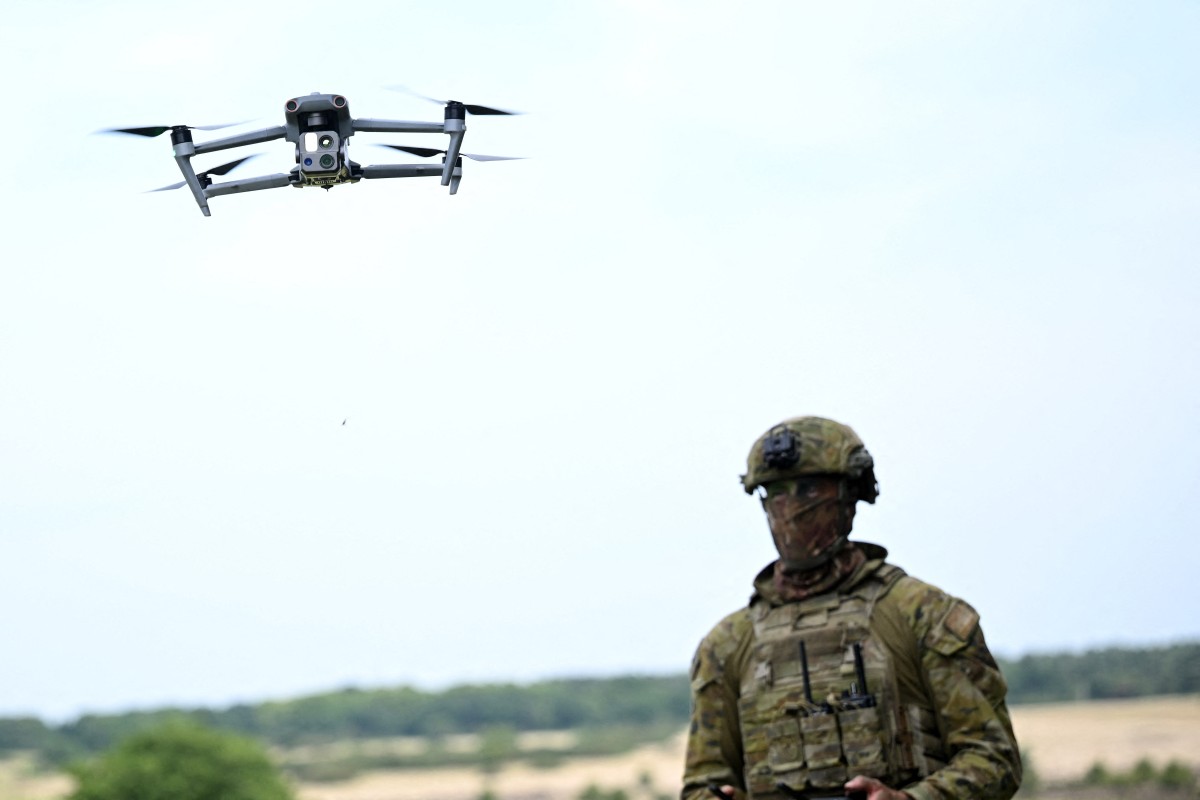Turkish researchers have received an award from NATO for developing an AI-assisted drone defense module modeled on the threat-detection behavior of honeybees, Turkey’s state-run Anadolu news agency reported on Saturday.
The system, called STRIKE, analyzes the direction of attacks on unmanned aerial vehicles (UAVs) and shares intelligence with nearby units. It was developed by teams from Middle East Technical University (METU) and Aksaray University, with support from the Scientific and Technological Research Council of Turkey (TÜBİTAK).
Their project was selected among 80 entries in the 2025 Innovation Hackathon organized by NATO’s Science and Technology Organization (STO), which backs research aligned with the alliance’s strategic objectives. A jury of military officers, engineers and researchers listed STRIKE among the top 10 for its real-time threat detection capability.
Associate Professor Erol Şahin, who heads METU’s Center for Robotics and Artificial Intelligence (ROMER), told Anadolu that the system draws on the behavior of bees, which leave a trace to alert others after detecting danger. STRIKE uses onboard sensors to determine the direction of incoming fire. Even if a drone is downed, the module continues to transmit the coordinates of the suspected attack source.
Dr. Veli Bakırcıoğlu of Aksaray University said the module functions independently of the drone’s core systems and can be installed on existing aerial platforms. The device was tested during a military exercise, when it was able to detect and relay the direction of an attack after the drone was struck.
The team initially recorded a margin of error in estimating the angle of incoming fire. They later integrated a learning algorithm to improve precision by analyzing sensor patterns from earlier tests.
The researchers have been invited to join NATO’s Defence Innovation Accelerator for the North Atlantic (DIANA), which supports the development of new technologies for use in defense contexts. A patent application has been filed, and the team is seeking investment to support further deployment.
